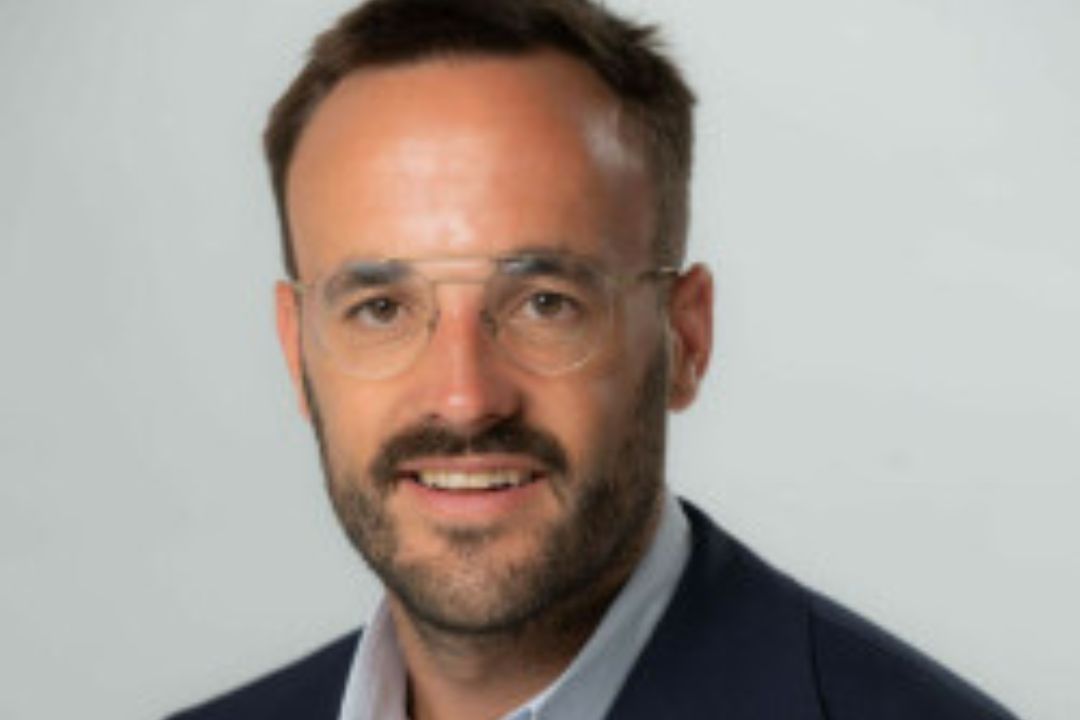19th September 2022
Experts call for “more agility and flexibility” to speed up the implementation of digital health solutions in Spain
- Participants at the panel on evaluation, reimbursement and adoption of digital health solutions organised by EIT Health Spain at the IX International Congress on Digital Health highlight the benefits of digital health applications for both professionals and patients.
- “It is necessary to design a value assessment standardisation system that is adapted to each phase of the technology development cycle,” Laura Sampietro, Deputy Director of Innovation and Head of Health Technology Assessment, Hospital Clínic de Barcelona, suggests.
- “We need a dynamic evaluation with a life cycle perspective of the technology and that responds to the real needs of the system,” Rosa Vivanco, Director of Health Technology Assessment at AQuAS says.
- “The funding model for digital health applications needs to be resolved as soon as possible,” Ana Miquel, Head of Innovation and International Projects, Regional Ministry of Health of the Community of Madrid, admits.
Experts call for more agility and flexibility to incorporate digital health devices and solutions into the Spanish healthcare system. This is what they said at the panel discussion on processes of evaluation, adoption, and reimbursement of digital health solutions in Spain and Europe held at the IX International Congress on Digital Health in San Sebastian.
The roundtable is part of a series of initiatives that EIT Health is launching at the European level to accelerate patient access to digital health applications that bring more value and benefits to the system.
According to Laura Sampietro, Deputy Director of Innovation and Head of Health Technology Assessment at Hospital Clínic de Barcelona, digital health solutions are changing the healthcare paradigm in Spain, as they “have the potential to empower patients in their health decisions, as well as making the healthcare process faster, more accurate and personalised.”
However, there should be a “lowest common denominator and flexibility to contextualise in different healthcare systems,” she acknowledges. In this sense, she advocates a standardised evaluation system that adapts to each phase of the technology development cycle. “For this, there must be political and institutional will, and the standards should be accompanied by specific and innovative financing systems throughout the technology development cycle,” she explains.
Dynamic evaluation
In the words of Rosa M. Vivanco, Director of Health Technology Assessment and the Health Services Quality Unit at AQuAS, it is important to “make flexible and dynamic assessments with multidisciplinary teams” to “ensure that this innovative technology is better than the current one.”
“In digital health, we find that most of these technologies do not come to replace but to complement the usual clinical practice, so you have to define very well how to assess the value they bring so as not to oversaturate the system, the patient or the professional team,” she adds.
In her opinion, one of the keys is to refocus the traditional evaluation with a more dynamic one. “The device can show promising results, but because of the unmet needs of the population, an accelerated introduction is necessary,” Vivanco says.
At the same time, she is in favour of standardising evaluation models and said that AQuAS is working on a document to standardise the evaluation of digital health technologies. The aim is to “help different agents in the healthcare ecosystem through the standardisation of processes and the availability of the definition of standards,” she says.
Management of change
For her part, Ana Miquel, Head of Innovation and International Projects at the Sub-Directorate General for Health Research and Documentation of the Community of Madrid, believes that one of the keys to introducing digital health solutions is change management in healthcare organisations. “It is very difficult to implement innovative technology without taking into account the needs and culture of the healthcare organisation,” she comments.
To this end, she suggests managing change in a comprehensive manner. “The culture of the organisations must be taken into account, with tools that facilitate change, that provide improvements and results in the short term, that respond to real needs and that have the leadership of all actors, both professionals and patients,” Miquel says..
Concerning funding models, she points out that there is an “unresolved debate” that needs to be put on the table “as soon as possible.” “Our system has services that are free, others that are co-financed, and others that are reimbursed: depending on the possibilities and the contribution of these digital solutions, it will have to be decided at a global level which model or models are the most appropriate,” she warns.
Finally, Andy Aguilar, CEO and co-founder of Legit Health, the first dermatological artificial intelligence that instantly detects skin lesions and measures the severity of pathologies automatically, says that a “specific regulation detailing the requirements and validation criteria” is essential.
“Right now, there is a lot of uncertainty among healthcare providers that prevent them from taking advantage of the multiple benefits of digital health applications,” she laments.
In this regard, she advocates access to funding that considers all phases and requirements in the implementation of technology, from its creation and validation to its distribution.”
EIT Health explores European harmonisation of regulation and validation
To accelerate patient access to the digital health apps with the greatest potential, EIT Health is exploring opportunities at the European level to adapt and harmonise two key aspects: on the one hand, a fast-track regulation – as implemented by Germany – and, on the other hand, clinical and health outcomes assessment criteria for digital apps. In this regard, EIT Health is coordinating an initiative led by the French Ministry of Health and EUnetHTA (European network of health technology assessment agencies) that aims to define a common language and common clinical validation criteria for this type of applications across Europe.
New data shows AI innovation needs skills beyond coding

The largest live dataset of AI start-up talent analysed.
Europe's top health start-ups take centre stage: EIT Health Catapult winners are revealed at HLTH Europe

2025 Catapult programme winners announced.
Finding Europe’s next healthtech leaders: Insights from Antoine D’Hollander

Insights from Antoine D’Hollander, Capricorn Partners.
